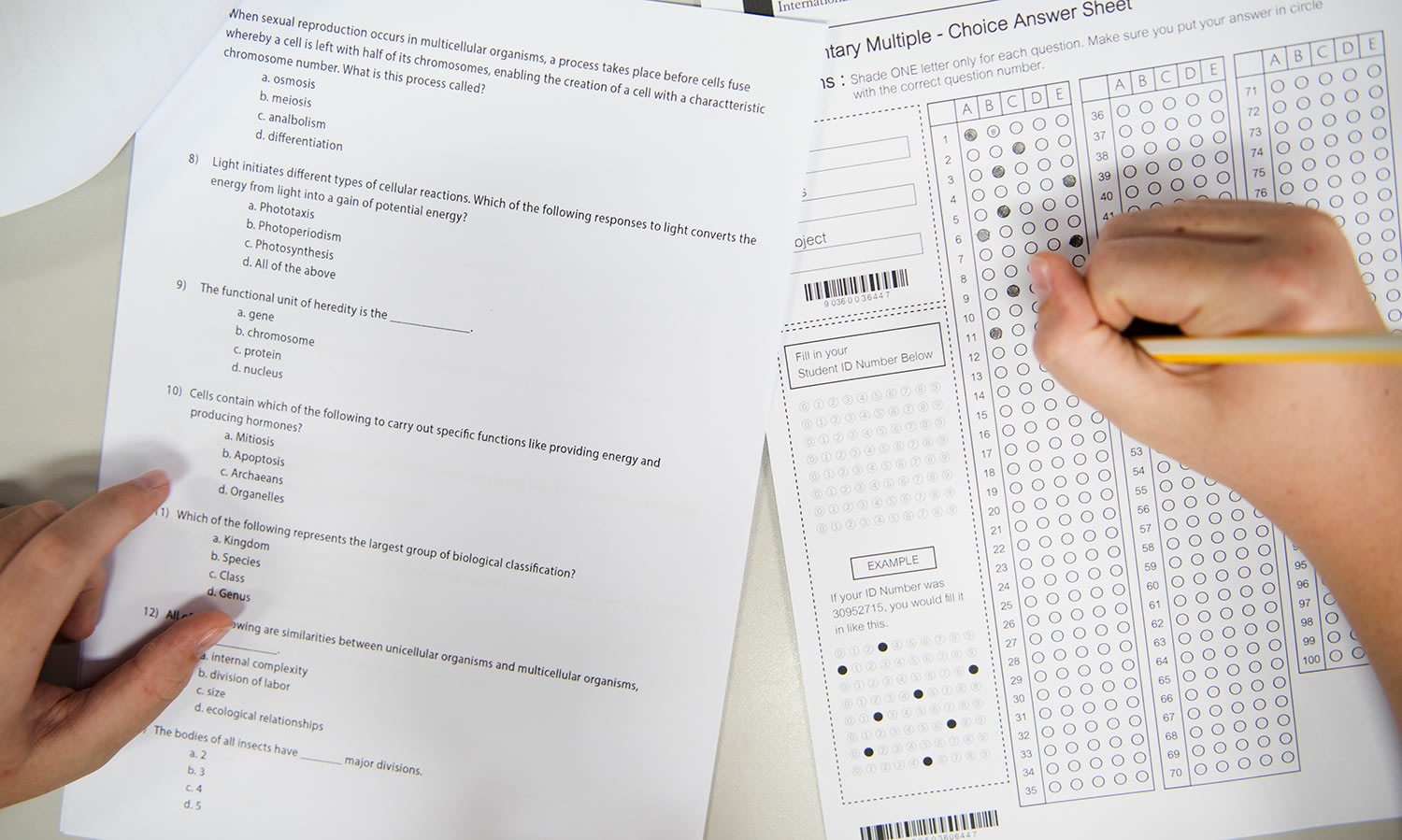In the vast realm of education, assessment holds a contentious position. It serves as both a beacon of progress and a shadow of scrutiny. Among the various evaluation tools employed globally, the National Assessment Program – Literacy and Numeracy naplan tests of Australia stand as a notable example, evoking a mosaic of opinions, from staunch advocacy to fervent critique. However, beyond the fervor lies a deeper narrative, one that delves into the essence of education and its multifaceted objectives.
A Glimpse into NAPLAN
NAPLAN, established in 2008, emerged as a standardized assessment tool aimed at evaluating the literacy and numeracy skills of Australian students. Administered annually to students in years 3, 5, 7, and 9, the tests encompass reading, writing, language conventions, and numeracy. Ostensibly, its primary goal is to provide educators, policymakers, and parents with insights into student performance and facilitate informed decision-making regarding educational practices.
The Dichotomy of Assessment
Yet, the significance of NAPLAN extends beyond its intended purpose, delving into the complex interplay between assessment and education. On one hand, proponents argue that standardized tests like NAPLAN offer a yardstick for measuring student progress, identifying areas for improvement, and ensuring educational accountability. They contend that such assessments foster transparency and equity, enabling comparisons across diverse demographic and socio-economic groups.
Conversely, critics vehemently contest the efficacy of NAPLAN, asserting that it engenders a culture of teaching to the test, narrowing the curriculum, and fostering undue stress among students and educators. Moreover, concerns regarding the potential for exacerbating educational inequalities and stigmatizing schools based on test scores loom large. In essence, the debate surrounding NAPLAN transcends its utility as a mere assessment tool, reflecting broader philosophical inquiries into the essence and purpose of education.
Beyond the Scores: Rethinking Education
Amidst the cacophony of opinions, it becomes imperative to recalibrate our perspective on education, transcending the confines of standardized testing. Education, at its core, encompasses a holistic journey of discovery, enlightenment, and growth. It embodies the cultivation of critical thinking, creativity, empathy, and resilience—qualities that defy quantification yet form the bedrock of a thriving society.
In this light, NAPLAN serves as but a facet of the educational landscape—a valuable yet limited lens through which to view student learning. To truly harness the transformative power of education, we must embrace a paradigm shift—one that celebrates diversity, fosters innovation, and prioritizes the holistic development of learners. This entails reimagining assessment practices that honor individual strengths, nurture a love for learning, and empower students to navigate an increasingly complex world with confidence and conviction.
A Call to Action
As we navigate the evolving terrain of education, let us heed the call to action—a call to transcend the confines of standardized testing and embrace a more inclusive, equitable, and compassionate approach to learning. Let us empower educators to inspire curiosity, ignite passion, and unlock the boundless potential residing within each student. Let us champion policies that prioritize the well-being of learners over arbitrary metrics, fostering a culture of lifelong learning and fulfillment.
